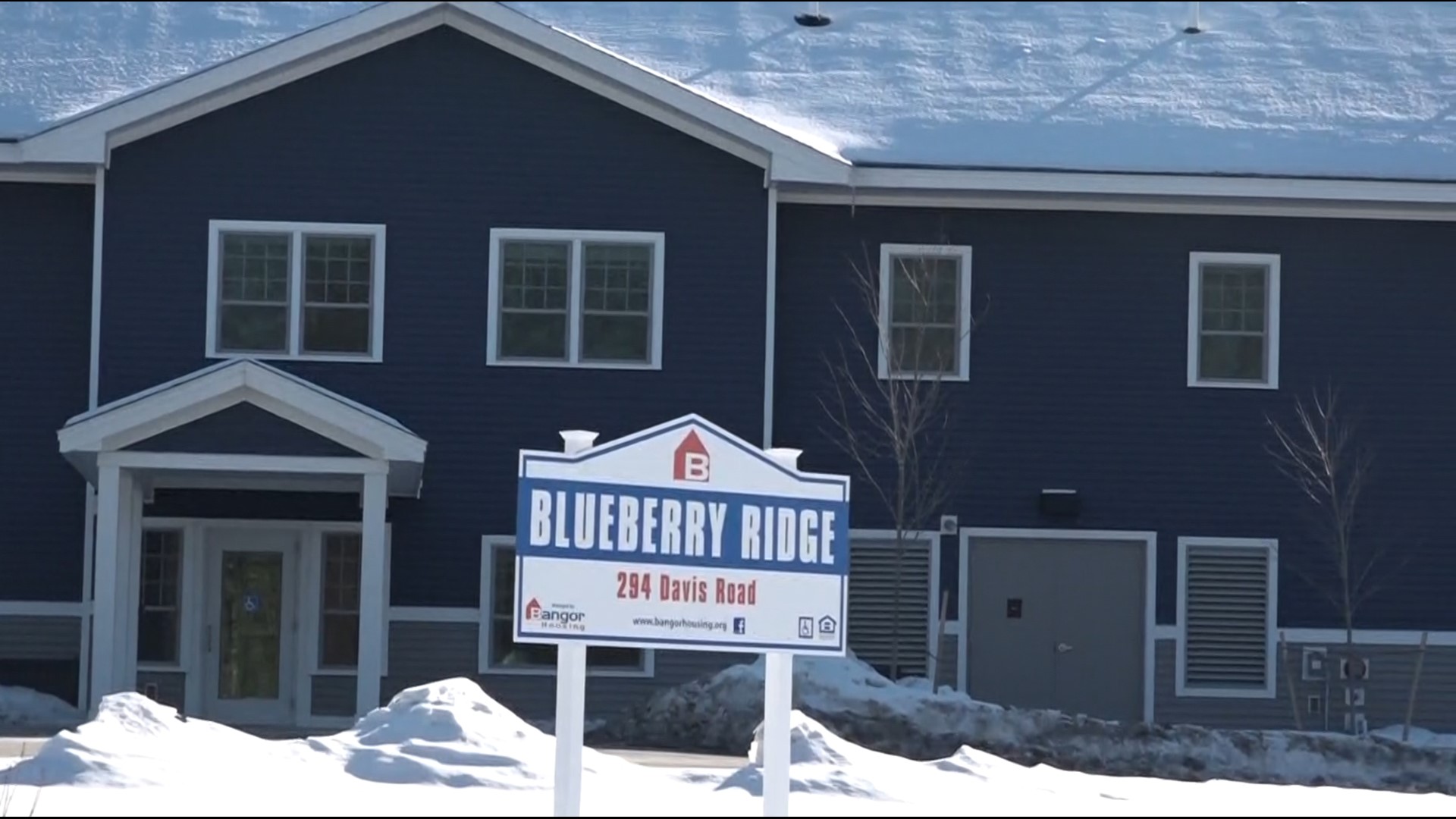BANGOR, Maine — With the cost of land, materials, and record-high interest rates, housing developers are more and more hesitant to take on much-needed new housing construction projects. Leaders from the City of Bangor said they hope helping developers eliminate roadblocks will spark new partnerships to create more affordable housing.
Anne Krieg, the city's director of community and economic development, said city leaders are looking to connect with developers who would be interested in taking on a new housing project.
Krieg said the city has plans to build a 50 to 100-unit apartment project on unused city land at the intersection of Grandview and Broadway. According to Krieg, the 10 acres of land used to be the city's nursery lot, and now it is vacant.
"By us providing the land, providing the utility connections, it allows the developers to just focus on building the buildings," Krieg said.
Krieg said the goal is to make some of the units available for rent and others available for sale. She said the site is located in a livable area near Hannaford and the shopping center.
Mike Myatt, the executive director of Bangor Housing, said preparing the infrastructure for a housing development is extremely expensive.
"Do you have to build a road, do you have to put in sidewalks, do you have to run water and sewage?" Myatt said, listing the several circumstances that developers have to consider. "If yes, how far?"
Myatt said apartment development projects are appraised based on their per-unit value. He said the per-unit value also determines how much money a bank will loan a developer for a project.
According to Myatt, developers often delay projects for several reasons in attempts to avoid paying high land and interest rate costs. Myatt said developers have to consider whether they will get a proper return on their investment, and he said sometimes taking on smaller construction projects with plans to build less than 50 units is not worth a developer's time or money.
"Times right now—developers can certainly, not be shy, but the deal just doesn't pencil out," Myatt said. "The site work that we did on our recent project right here on Blueberry Ridge—between running utilities and some of the ledge that we had to deal, with we were pushing $1 million on site work."
Krieg said by helping developers eliminate construction expenses on the front end, they'll be able to rent units at a lower rate, providing more options for underserved class families.
"People that are at the median income slightly above or slightly below, but they can't get any vouchers or go into an affordable housing project, but they're also left out of a market rate housing—we call that missing middle," Krieg said.
Krieg said they're basing the cost of housing on HUD's recommendation that a person's rent shouldn't exceed 30 percent of their income.
"A family of four in Penobscot County, is what we use the HUD, is at $68,000 [per year]," Krieg said.
Myatt said Bangor is right on the money.
"From our perspective, the cheaper we can do things, the lower the rents can be the lower the loan we have to take, the more affordable it can be for people," Myatt said.
Krieg said the city plans to have heavy input on monthly renting costs. She said they plan to prevent rent costs from exceeding 30 percent of the average median family's income by possibly putting a deed restriction in place for the units they plan to sell and rent.
Myatt said he's happy to see the city taking the initiative to take creative approaches towards closing the housing gap. He said the thin housing market affects the workforce, making it harder for businesses to recruit new employees because candidates sometimes struggle to find places to live.
Myatt said the housing crisis also strains young adults who love living in Maine, because they often realize that they have to move away from home to find available housing.
"If we don't do something as a community as, a region, as a state, we're going to see our young people going somewhere else, and we're going to find our seniors living in homes that they can no longer maintain on their own," Myatt said.

